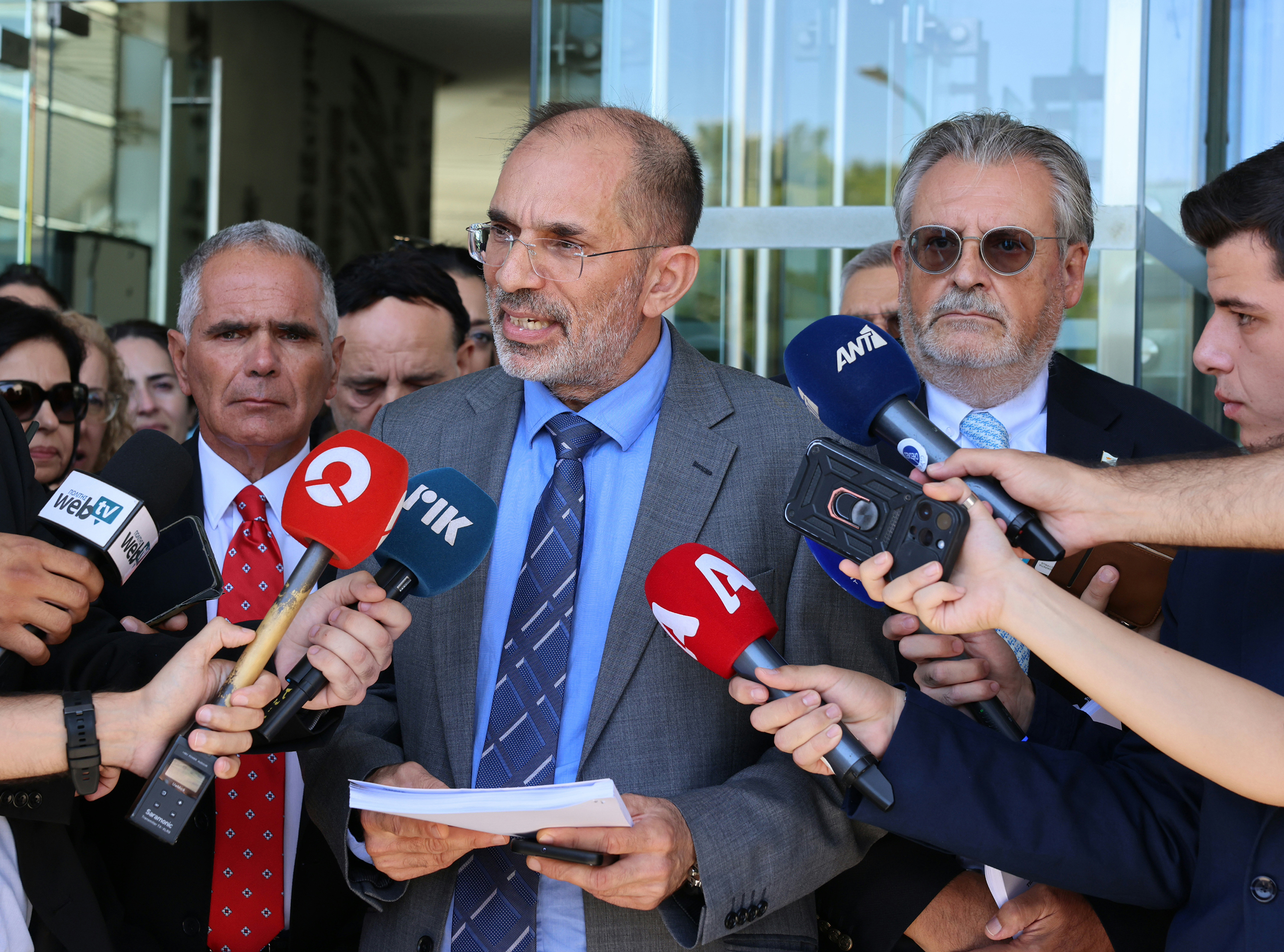Despite facing significant pressure, political party Disy continues to maintain its position as the leading party in Cyprus, according to a poll conducted by RetailZoom on behalf of daily Politis.
The poll shows that the parties in the current government coalition are seeing low levels of support, while former auditor-general Odysseas Michaelides emerged as a popular figure for both the 2026 parliamentary elections and the 2028 presidential race.
Michaelides, who has been suggested as a potential candidate even if he forms his own party, is favoured by 40 per cent of respondents for the 2028 presidential elections.
He is followed by Paphos mayor Phedonas Phedonos at 38 per cent, former Disy leader Averof Neophytou at 31 per cent, and former presidential candidate Andreas Mavroyiannis, who also secured 31 per cent.
In the poll, respondents were also asked who they believe was the most honest president of the Republic. Glafcos Clerides topped the list, with 52 per cent of respondents selecting him, far ahead of George Vassiliou at 20 per cent.
Tassos Papadopoulos and Demetris Christofias both received 10 per cent, while Archbishop Makarios was deemed honest by only five per cent of those surveyed. Spyros Kyprianou followed with two per cent, and former President Nicos Anastasiades came in last at just one per cent.
For the 2026 parliamentary elections, Disy led at 19 per cent support. Michaelides’ potential party would garner 17 per cent, placing him second overall.
Volt came in third at 12 per cent, followed by Akel at nine per cent and Elam at eight per cent. The coalition government parties fared poorly, with Diko receiving just three per cent, while Dipa and Edek each garnered only one per cent.
The Green Party polled at two per cent, and the newly announced Never Surrender party received one per cent. Additionally, six per cent of voters expressed interest in supporting a new party, while 11 per cent remain undecided.
The poll also highlighted the public’s concerns about the ongoing crisis in the Middle East. Eight in ten Cypriots expressed significant worry, with 56 per cent saying they were “very concerned” and 30 per cent “concerned”.
Women, at 65 per cent, and people over 65 (62 per cent) showed the highest levels of concern. Only ten per cent reported moderate concern, and three per cent said they were minimally worried.
In terms of views on the Israeli-Palestinian conflict, half of Cypriots see both sides as extreme and fanatical.
A total of 26 per cent per cent believe Israel is in the right, while 15 per cent side with the Palestinians. The youngest respondents, spanning from 18 to 35 years old, were more likely to support the Palestinian side, while those aged 55 and over were divided. Seven per cent of respondents did not express an opinion.







Click here to change your cookie preferences